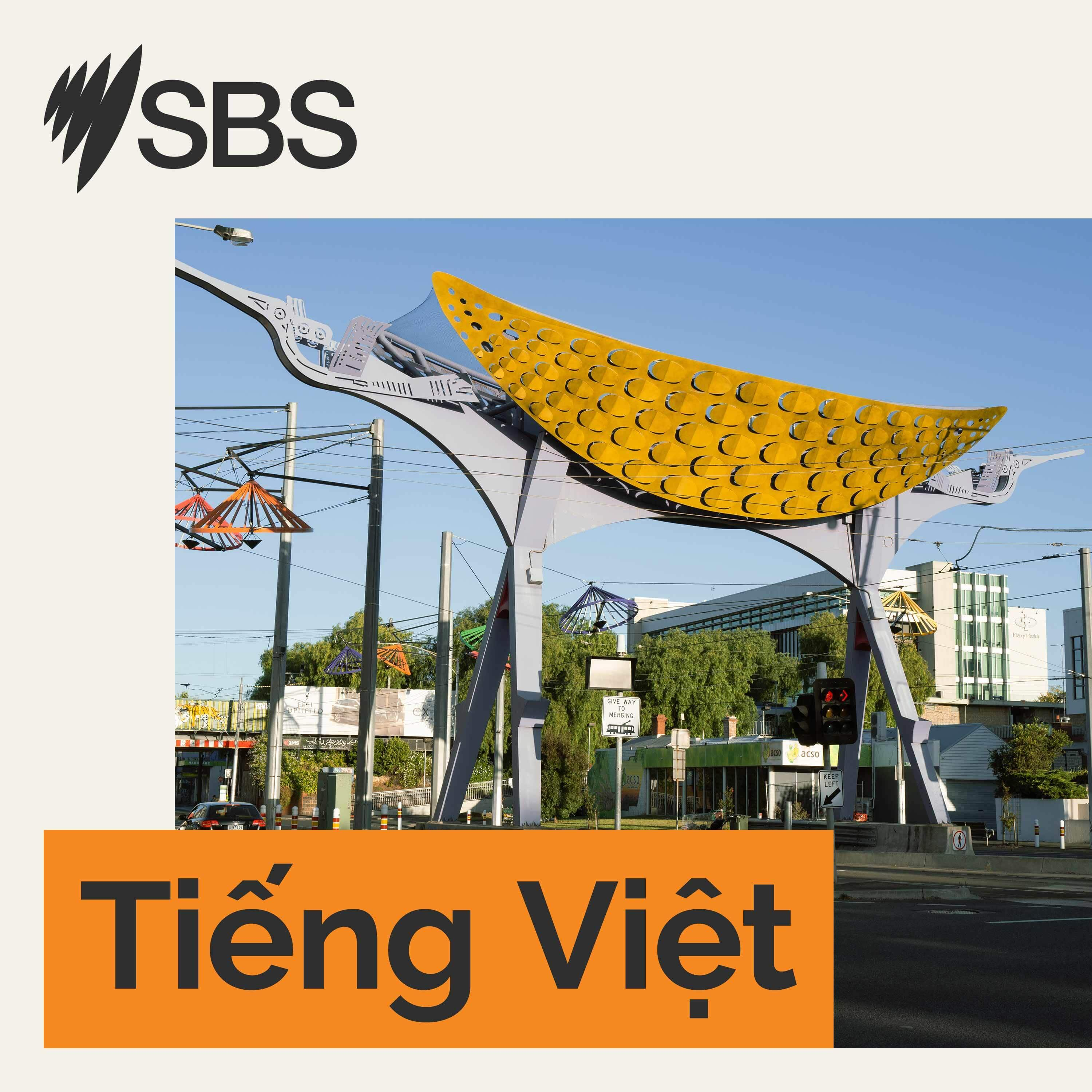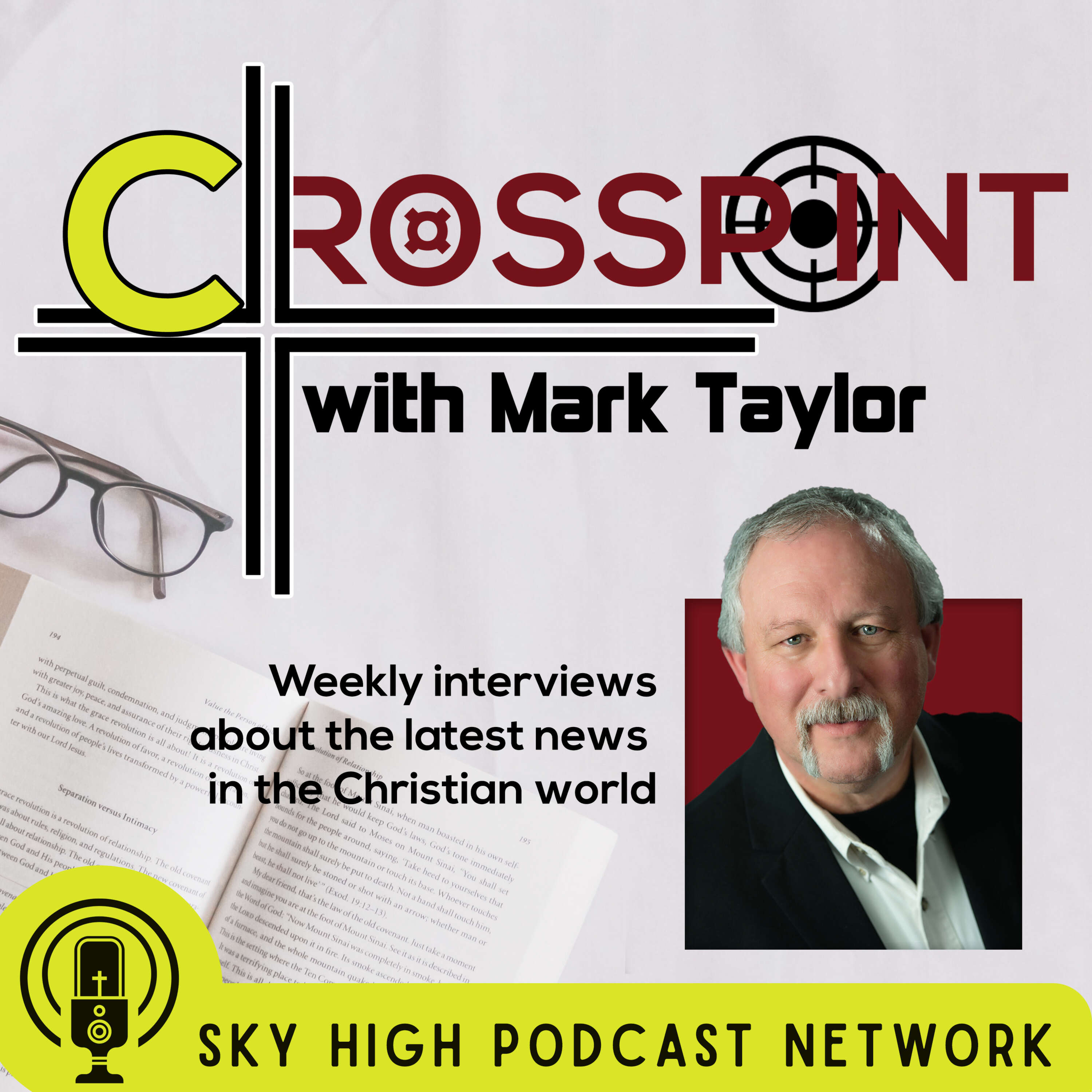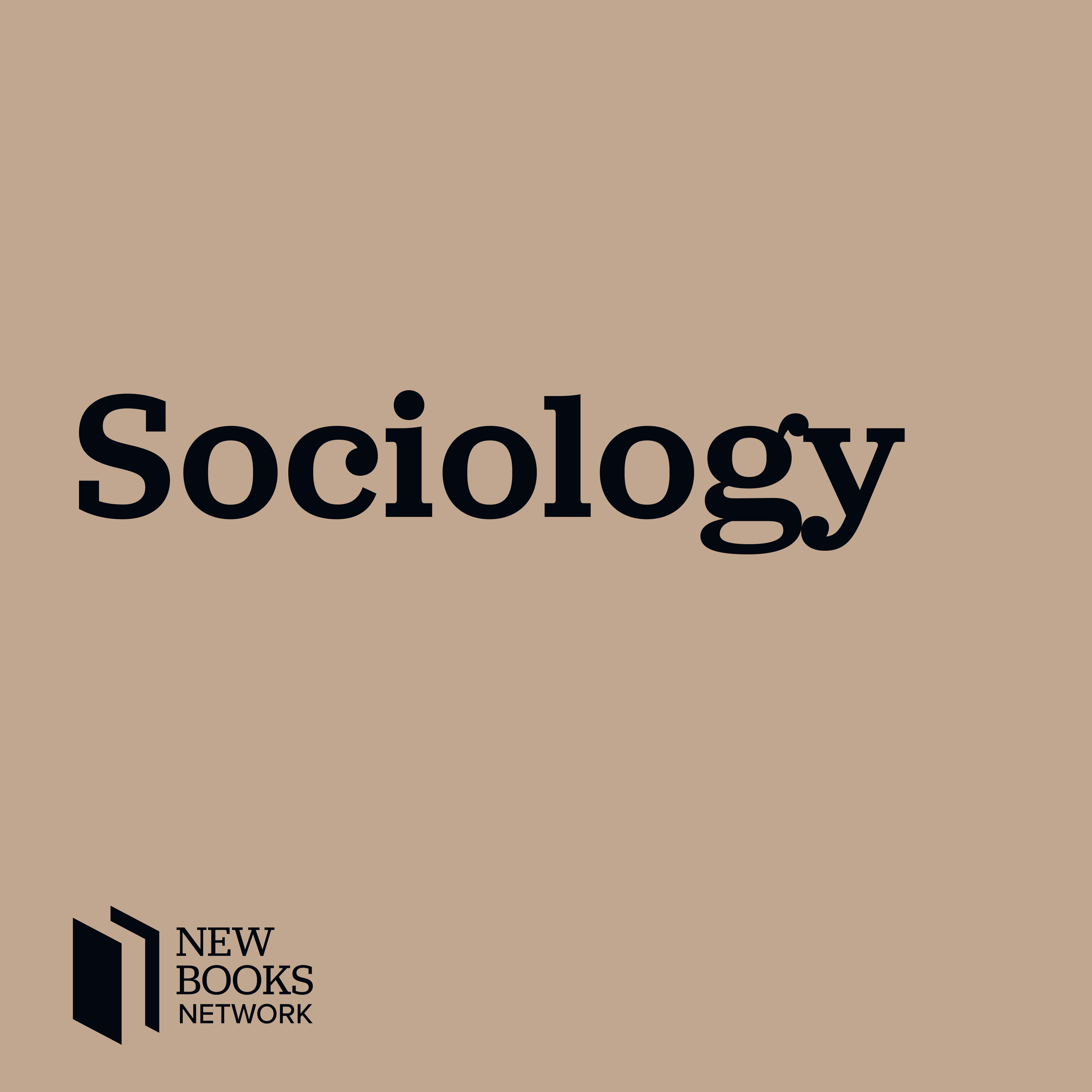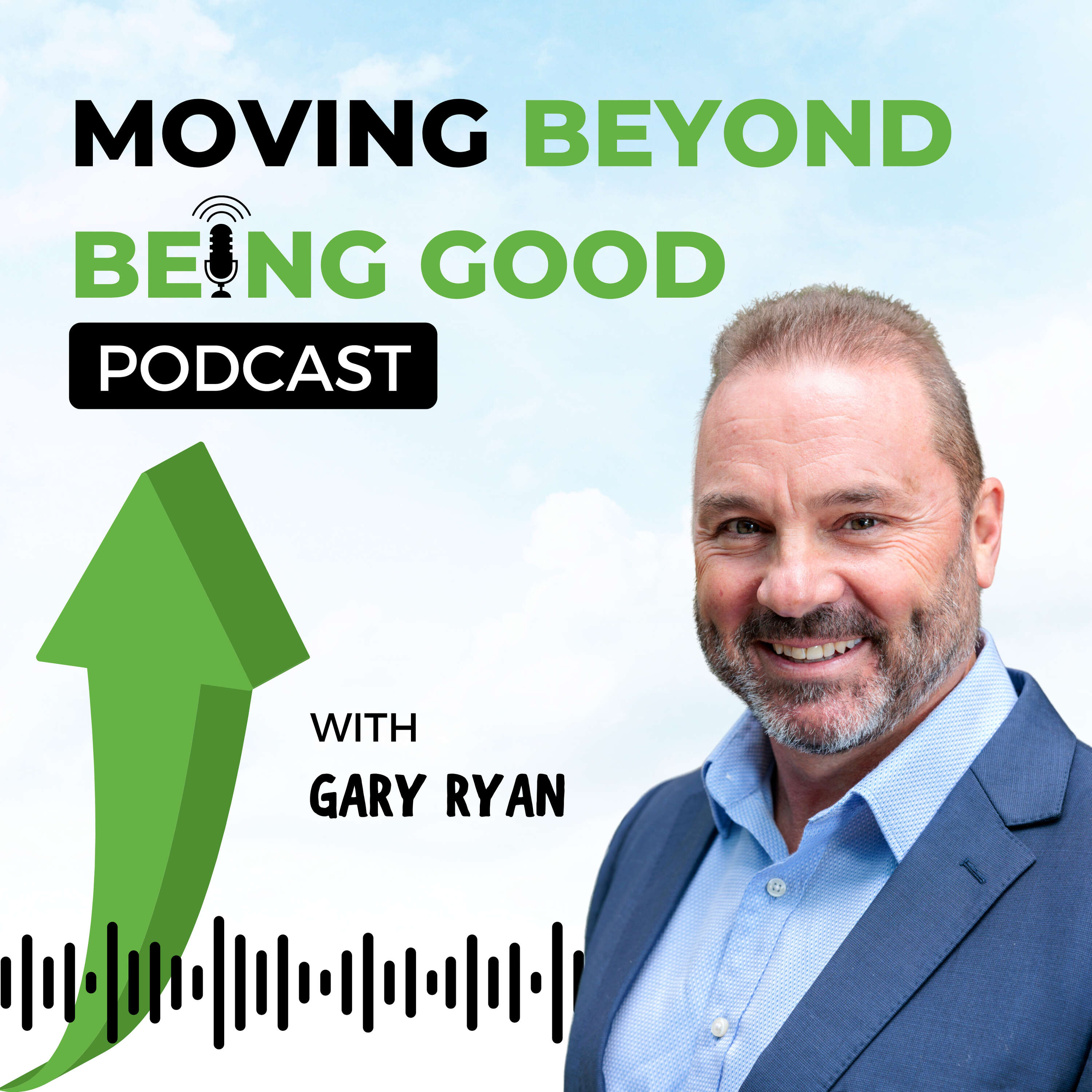The Libyan Arab Jamahiriya with Matteo Capasso
Rudy joins Matteo Capasso, author of Everyday Politics in the Libyan Arab Jamahiriya for a discussion on Libya with a focus on the period from 1969 to 2011. We delves into Matteo's research on Libya, exploring the myths and stories surrounding Libya's history, aiming to dispel the notion of Qaddafi's authoritarianism and the concept of statelessness among the Libyan people. The conversation takes a historical journey, discussing the antecedents of the Libyan revolution, the formation of the "Jamahiriya," and Qaddafi's rise to power. They analyze the authoritarian nature of Qaddafi's rule, Libya's anti-imperialist role in the world, and key events that marked the decline of the revolution. The podcast also examines the role of Saif al-Islam, the framing of opposition in Islamic terms, the economic benefits of the revolution, and the surprising insights gained from conversations with refugees. Finally, the discussion delves into the complexities of the 2011 Libyan revolution and its enduring impact on Libyan politics, especially present with the recent floods.
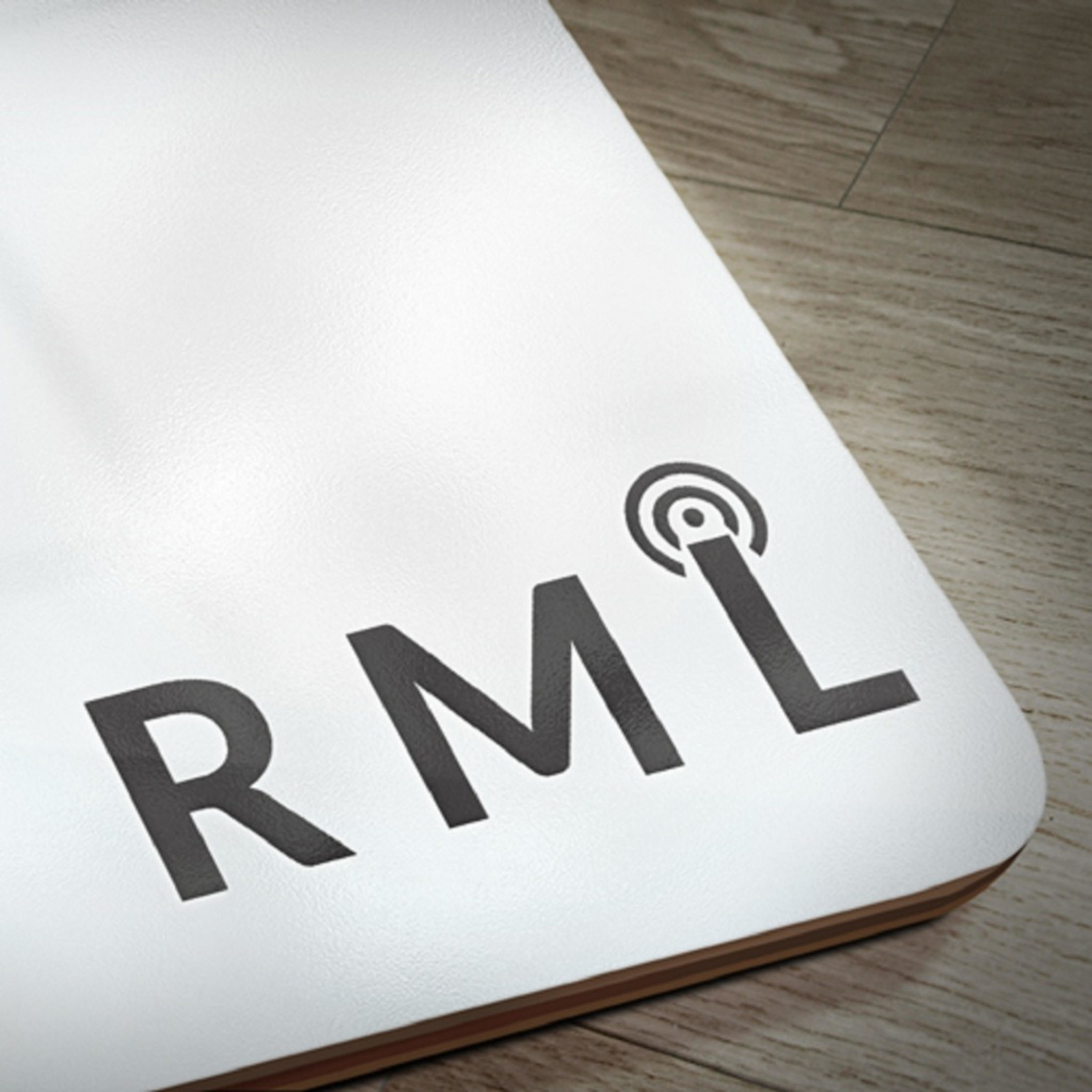


![Arab Women In Tech [19.09.23]](https://podyard.s3.amazonaws.com/upload/photos/2023/09/EX6XRG9S74Rg7aBcdrva_25_0246a6c0219f0e54333b0b1ea5b0ea8c_image.jpg)
